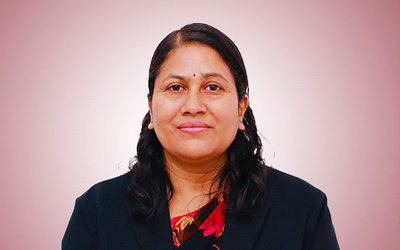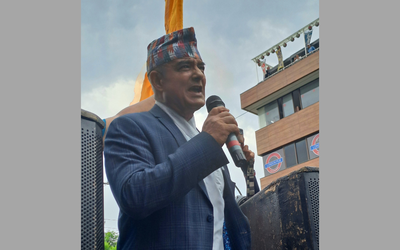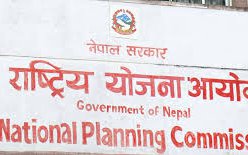More on News





Climate change has not changed the north-south divide. It has rather widened it further.
Rich countries insist the funds they pledged for vulnerable ones to help adapt to climatic changes are being provided. Poor nations argue they have hardly received any.
So, where has the money gone? Particularly, the 10 billion Dollars annual fast-start funding developed countries had promised for the first three years after the global climate summit in Copenhagen collapsed last year?
Only a full-fledged investigation can find that out.
But many from developing worlds say past experiences have shown that money is either kept idle or is poorly disbursed by international financial agencies donor countries prefer to channel the funds through.
The World Bank, Global Environment Facility, and regional banks like the Asian and African Development Banks top the list of such institutions under attack.
At the United Nations climate conference in Bonn during the first two weeks this month, more than 300 non-government organisations from around 50 countries made their resentment public.
They said they had written to US president Barrack Obama asking him not to make climate funds available through the WB.
“The WB’s track record of imposing policy conditions and programs on developing countries and its undemocratic governance structures seriously discredit the institution,” the letter read.
“Developing countries, who will bear the heaviest burden from climate change, are the least represented inside the bank.”
The nearly 300 NGOs including Friends of Earth, Action Aid, Christian Aid and five also from Nepal have even accused the bank of financing fossil fuels and lacking transparency.
The multilateral financial agency has not made any comment to the allegations.
It’s Pilot Project on Climate Resilience (PPCR) in Nepal courted controversy last year after government officials and the British Department for International Development, that has chipped in money in the scheme, expressed unhappiness over the way it was handled.
With the budget of nearly 950 million dollars, the PPCR is being piloted in around 10 countries.
The Global Environment Facility is another Washington-based agency that has been constantly criticised by developing and least developed countries for not making climate funds adequately available.
Head of US climate delegation, Jonathan Pershing did accept in an interaction with journalists in Bonn that GEF needed to pull its socks up.
Many negotiators from developed worlds, however, say most of the developing and least developed countries are just not ready to handle the funds on their own and corruption in these nations makes matters worse.
A principal negotiator from Europe said without wanting to be named, “Politicians in out part of world are hesitant to give money directly to the recipient countries because they fear that they will be held accountable in their parliaments if the funds are found to be misused by these countries.”
Emerging and poor economies have been pushing for an independent body under the United Nations Framework Convention for Climate Change to manage and disburse climate funds.
But despite several rounds of conferences over the years, there has been no agreement on the idea.
So, for now, donor countries will in all probabilities use the same old agencies to channel most of their climate aid to poor and vulnerable nations.
And as long as that happens, many recipient countries and non-government agencies’ will carry on crying foul – unleashing controversies that dog climate funds.
Khadka is a BBC journalist






